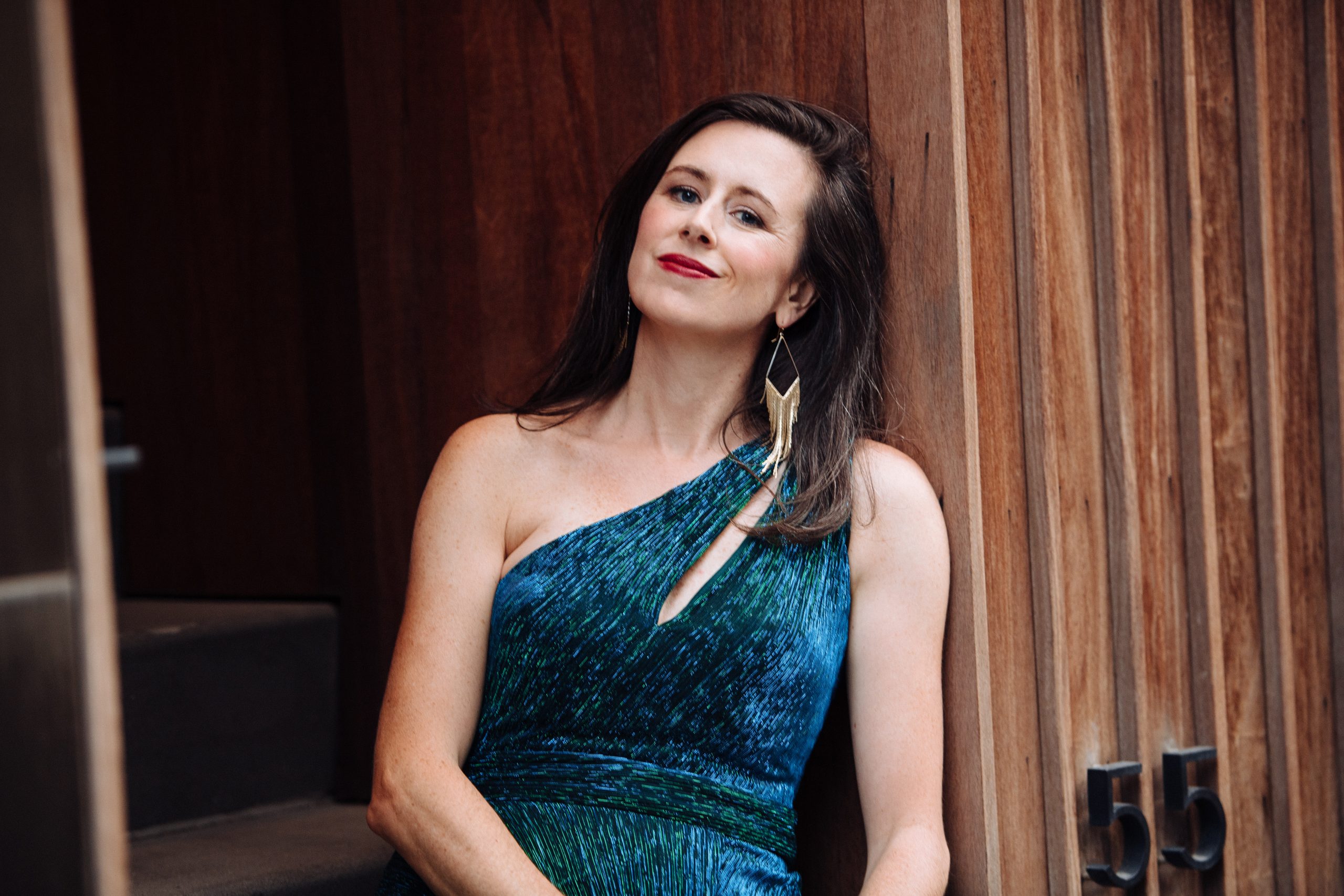Kate Maroney, DMA, 2010
Mezzo-soprano Kate Maroney is in demand for her versatility and keen interpretations of works spanning the Renaissance to the 21st century. Kate believes in the transformative, humanizing power of music and in its ability to foster empathy in the community of performers and listeners alike. She values collaborations with kind and generous colleagues who share this conviction.
Kate has appeared, often on recurring occasions, as a soloist with the American Classical Orchestra, New York City Ballet, Sacred Music in a Sacred Space, Musica Sacra, LA Opera, Opera Grand Rapids, Carmel Bach Festival, New York Baroque Incorporated, TENET Vocal Artists, ACRONYM Ensemble, Trinity Wall Street, Indianapolis Symphonic Choir, Orlando Philharmonic Orchestra, Brooklyn Art Song Society, Bangor Symphony Orchestra, Boston Chorus Pro Musica, Bard SummerScape Festival, Oregon Bach Festival, Bach Collegium of San Diego, Blue Hill Bach Festival, Portland Bach Experience, Princeton Pro Musica, Mark Morris Dance Group, Baldwin Wallace Bach Festival, Cantata Profana, Ekmeles, American Opera Project, Beth Morrison Projects, Ensemble Signal, Bach Vespers at Holy Trinity, The Folger Consort, and Anonymous 4. Kate is a regular member of professional vocal ensembles around the country including Seraphic Fire, Santa Fe Desert Chorale, Spire, Clarion, Yale Choral Artists, Trinity Wall Street, and The Crossing. Kate can be heard as a soloist on Seraphic Fire’s 2021 recording of Hildegard von Bingen’s “Ordo Virtutum,” the first full historically-accurate recording of this 12th-century masterpiece. Kate also became a part-time member of the chorus at the Metropolitan Opera during the 2021-2022 season. Kate was featured worldwide in over 75 performances of Einstein on the Beach with the Philip Glass Ensemble, for audiences in Montpellier, Paris, London, Brooklyn, Toronto, Reggio Emilia, Amsterdam, Hong Kong, Melbourne, Berkeley, Mexico City, Los Angeles, Berlin, and Gwangju, South Korea.
Kate has written articles for The Washington Post and The Journal of The New York Singing Teachers’ Association. She has been on faculty at the Mannes School of Music since 2015, where she teaches courses in voice pedagogy and performance.
“Eastman prepared me well for an incredibly diverse musical ecosystem that comprises my freelance life. I loved being immersed in a culture where the vast ways one can pursue a life in music were valued and celebrated—the bars for performance, musicianship, scholarship, and education were all set equally high. Through the academic rigor of required musicology and theory seminars, I deepened my practice of preparing and contextualizing the music I perform. Through relationships formed with my teachers, I witnessed the discipline of their own practice, and it inspired me to strive for the same. Ownership over the process of studying and preparing music has served me well and in turn I strive to instill that rigorous practice in my students. I loved the variety of singing experiences I had when I was at Eastman—opera, art song, Renaissance polyphony, Bach motets, minimalist and atonal music. Many of these experiences were new for me during my time as a student and created a foundation for repeat performances (and ability to implement differences in stylistic approach) in my professional life. Most importantly, I learned at Eastman that the *process* is ongoing and is the important part of a life in music—you will always hone technique, seek answers, ask more questions, do more research, and find collaborators willing to travel that path with you. Being prepared as well as you can is your job as a performing musician and teacher. You will wear a different hat day to day (or within one day!) I remember often feeling that way while in the midst of my coursework at Eastman, and I continue to feel that way a decade later. My time at Eastman was one of the great gifts of my life and it enabled me to forge a career that continues to reward and inspire.”
